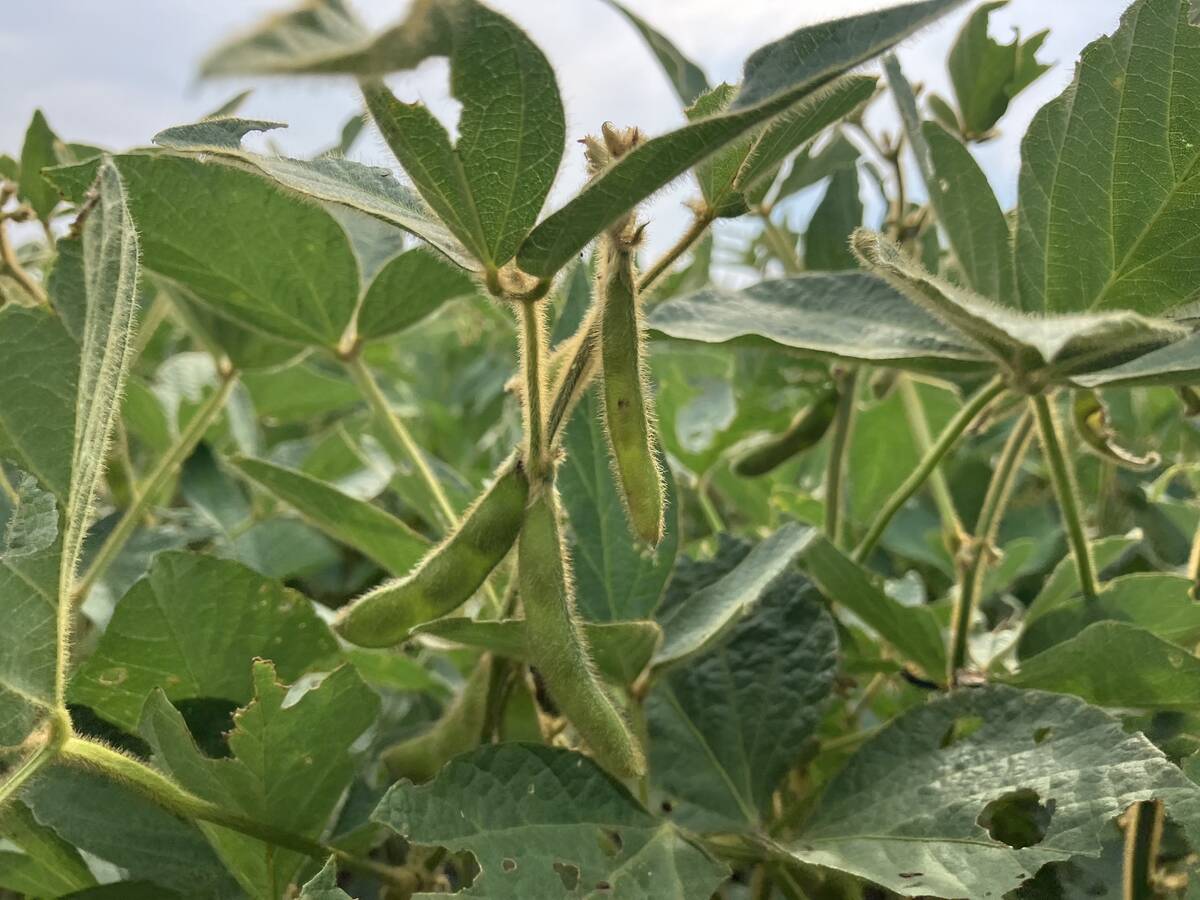GUELPH, Ont. – Food and beverage companies that are refusing to buy genetically modified crops are unjustifiably complicating the debate about GM foods, a senior grocery sector official said last week.
Meanwhile, there is evidence of growing resistance to GM crops, speakers told the annual meeting of Ontario’s AGCare group Feb. 15.
Jeanne Cruickshank of Halifax, vice-president of the Canadian Council of Grocery Distributors, said companies including Seagram Canada, McCains Foods and Heinz Inc. will not buy GM crops for their food products.
The companies say they based their decisions on consumer unease.
Read Also

U.S. loses out on sales of soybean to China
U.S. soybean exporters risk missing out on billions of dollars worth of sales to China this year as trade talks drag on and buyers in the top oilseed importer lock in cargoes from Brazil.
But Cruickshank said many corporate decisions are based on marketing politics rather than science and fact.
“It adds greatly to the consumer confusion on this,” she told the meeting. “It’s a dangerous message for the consumer who sits on the edge of not being sure if they have a concern or not.”
Fruit and vegetable grower Jeff Wilson asked if major corporations would be able to back away from the decisions now that their corporate credibility is on the line.
“How are we going to undo what is out there?” he asked. “The knots are getting tight.”
Another problem is that some grocers are rushing to label products “non-GMO” before there are definitions or rules about what those labels mean, Cruickshank said.
When grocers label tomatoes “non-GMO,” consumers logically conclude that unlabeled tomatoes are genetically modified, she said.
“Of course, there are no GM tomatoes on the market now in Canada,” she said.
Ridgetown College professor Brian Doidge explained how the anti-GM movement is spreading in Ontario and abroad.
He said Casco, the province’s largest corn purchaser, will buy corn only if it meets European Union standards. That means no Roundup Ready corn. The Commercial Alcohol ethanol plant in southern Ontario has the same policy.
King Milling of Chatham, which produces some product for the baby food trade, will buy only GM-free grain. Distillers Hiram Walker and Canadian Mist insist on GM-free supplies as well.
Abroad, the E.U. restriction continues and in April, 2001, Japan will introduce a labeling system.
– WILSON

















